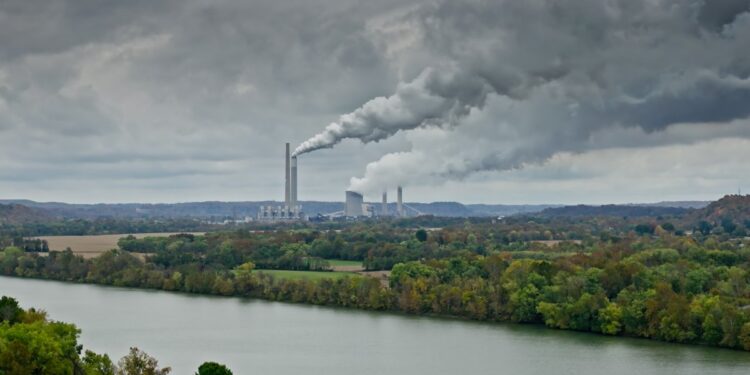Air air pollution from oil and gasoline is linked to 91,000 untimely deaths and tons of of hundreds of well being points throughout the USA every year—with Black, Asian, Native American and Hispanic teams constantly among the many most affected. That’s in accordance to an intensive new research printed Aug. 22.
The researchers say that the research, printed right this moment in Science Advances, is the primary to comprehensively quantify the well being impacts outside air air pollution has throughout all phases of fossil gasoline manufacturing, and to research disparities in publicity to the well being dangers.
The research examined the whole oil and gasoline life cycle: upstream, which includes the exploration and extraction of oil and gasoline; midstream, which includes compression, transport, and storage; downstream, which includes the transformation into petrochemical merchandise; and finish use, when the product reaches its remaining use phases.
Native American and Hispanic populations are most affected by air air pollution that comes from the upstream and midstream phases, the research discovered, whereas Black and Asian populations are most impacted by downstream and end-use phases. Researchers additionally discovered that 10,350 pre-term births and 216,000 new circumstances of childhood bronchial asthma per yr are attributable to air air pollution from oil and gasoline, together with 1,610 lifetime cancers throughout the U.S.
Whereas downstream actions trigger much less air pollution than upstream and end-use actions, they’re answerable for larger adversarial well being impacts, with Black communities dealing with probably the most extreme well being outcomes—together with untimely mortality, preterm births, and childhood bronchial asthma. These impacts are largely skilled in places with main oil-refining actions, equivalent to jap Texas and southern Louisiana.
Researchers used an air air pollution mannequin to find out air pollution concentrations, and utilized that info to epidemiological fashions to estimate the variety of extreme well being outcomes. They used knowledge from 2017, the latest yr of full knowledge out there, and estimate that the findings is perhaps conservative, provided that U.S. oil and gasoline manufacturing has since elevated by 40%.
Eloise Marais, the research’s senior creator and professor of atmospheric chemistry and air high quality at College School London, says that the findings affirm what communities have lengthy identified. “We’re not sitting in our educational ivory tower and telling these communities that they are experiencing adversarial well being outcomes. They know this already and so they’re going by way of processes to try to handle it,” says Marais. “What our research does is ensures that we will present actually rigorous proof of the scale of the affect within the hope that that is picked up by neighborhood leaders, by advocacy teams, by coverage makers…to try to establish precisely the place, in additional granular element, these disparities are occurring, to basically develop very clear motion plans to deal with them.”
The answer is evident, the researchers say. Whereas greenhouse gasses launched into the environment can linger for years, as soon as air air pollution is decreased the well being advantages are practically instantaneous. “[The study] provides us a really clear perspective on what the general public well being positive aspects could possibly be, and they’d be fairly quick if we decreased our independence on oil and gasoline,” says Marais. “We might begin to see quick advantages on air high quality and well being, and we might have mitigated a big portion of the disparities in well being burdens.”








Discussion about this post